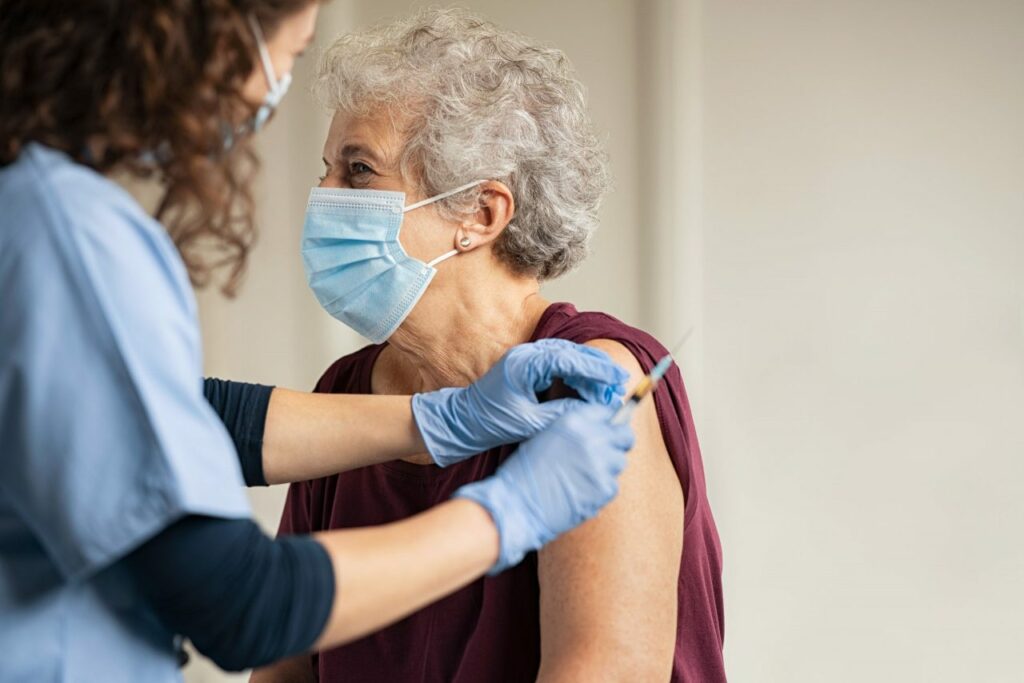After over a year of wearing masks and social distancing, the development of the Covid vaccine seems to be a beacon of hope, but patients with kidney disease still have questions. Officially declared a world health emergency by the World Health Organization on January 30, 2020, Covid-19 has affected the world ever since.
Vaccination can help curb the transmission of the virus, and in time, make this global threat a thing of the past.
How Vaccines Work
A Vaccine works by triggering your immune system to produce antibodies even if you weren’t previously exposed to the disease. By inoculating with either a weakened part of a virus or just a “blueprint” of its genetic code, your immune system triggers a response to create these antibodies that will protect you if you’re exposed to the disease.
The Food and Drug Administration (FDA) fully approved the Pfizer vaccine last month. Other Covid vaccines that have been granted Emergency Use Authorization (EUA) status use either mRNA or viral vector technology to create an immune response. Both types of vaccines do not enter the cell’s nucleus and therefore cannot alter the hosts’ DNA in any way.
Both mRNA and viral vector vaccines work by delivering a genetic code that signals your cells to create spike proteins. These spike proteins trigger the immune response. The antibodies produced in this process remain in your system long after the breakdown of the mRNA protein.
Covid Vaccine and Kidney Disease
Although initial trials in developing the Covid vaccine did not specifically involve patients with kidney disease, clinical trials show that the vaccine is safe for chronic diseases such as diabetes, high blood pressure, HIV, and asthma.
Recent studies published in the Clinical Journal of the American Society of Nephrology (CJASN) studied the Covid vaccine and kidney disease, focusing on the efficacy of the vaccines in kidney disease patients, including those on maintenance dialysis. The results were promising—more than 80% of patients in the study demonstrated an immune response after the second dose of the vaccine.
Vaccine Recommended for Kidney Disease Patients
The CJASN study recommends that patients with kidney disease, specifically those on dialysis, receive the vaccine. The study also suggests that family members and dialysis unit staff get vaccinated due to frequent contact with kidney disease patients.
What To Do Before Vaccination
Talk to Your Healthcare Provider
Plan a visit to your healthcare provider before your vaccination schedule. Your doctor should address your concerns about vaccination and advise you on what to look out for after receiving your dose. In some cases, your healthcare provider can issue a medical clearance.
Be Proactive
Know how your state manages the vaccination schedules and where you can receive your dose. You can also read up on the vaccines available in your area. There are many resources online that can help you better understand the Covid vaccine and kidney disease.
Get Plenty of Rest
Make sure that you are well-rested on the day of your vaccination. Bring a bottle of water and some snacks to the vaccination area to ensure you are well-hydrated and your blood sugar levels are stable to avoid any untoward reactions.

